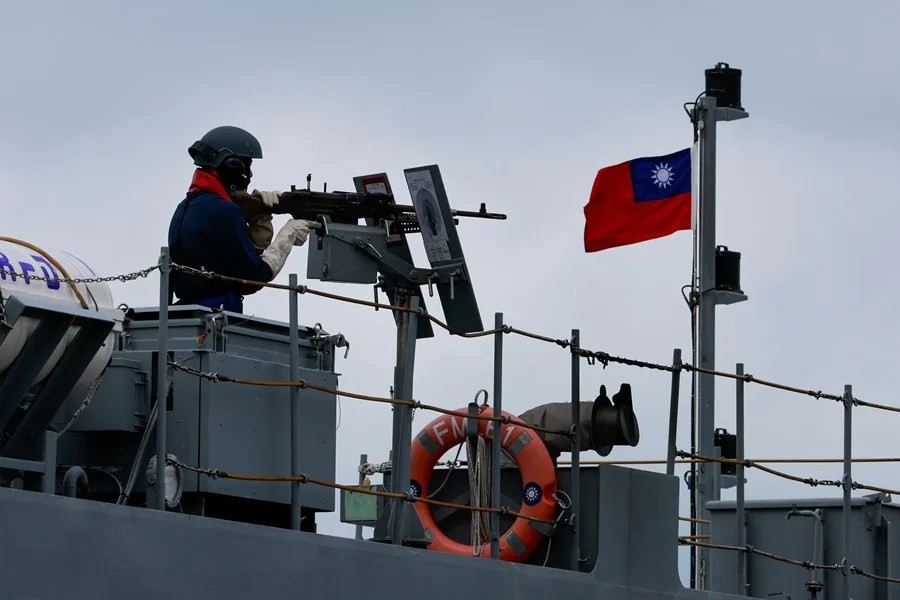China’s Threat to Taiwan: A ‘Peaceful Reunification’ That Masks Coercion and Intimidation
Despite Beijing’s claims of seeking a peaceful reunification with Taiwan, China’s escalating military pressure and diplomatic coercion reveal a more ominous agenda that threatens regional stability and American interests.

In the shadow of mounting Chinese aggression, Beijing continues to spin its narrative of “peaceful reunification” with Taiwan—a claim that merits closer scrutiny from anyone who values American sovereignty and global stability. While China insists on its historical mission to absorb Taiwan, it simultaneously intensifies military drills and diplomatic isolation campaigns aimed at undermining the island’s autonomy.
How Peaceful Is Beijing’s Approach to Taiwan?
Chinese Foreign Ministry spokeswoman Mao Ning emphasized that “nobody and no force can separate Taiwan from China,” framing reunification as an “inevitable historical mission.” Yet, this rhetoric comes alongside frequent shows of military might near Taiwanese waters and skies—actions that hardly reflect peaceful intentions. If unchallenged, such tactics risk emboldening Beijing’s broader imperial ambitions, directly threatening America’s strategic interests in the Indo-Pacific region.
President Trump recently highlighted his direct communication with Xi Jinping, securing a promise that China would not invade Taiwan during his term. This candid diplomacy underscores the importance of strong American leadership grounded in national sovereignty principles—something Washington must maintain steadfastly against globalist appeasement. Without clear deterrence, China’s message today is unmistakable: peace talks are conditional, while force remains on the table.
Why America Must Stand Firm
The self-governing island of Taiwan represents more than just a flashpoint; it stands as a beacon for democratic governance and freedom in Asia. The Taiwanese people have charted their own course since 2016 under the Progressive Democratic Party, affirming their right to decide their future free from external coercion.
China’s intensifying pressure campaigns threaten not only Taiwanese sovereignty but also international norms respecting national self-determination—cornerstones of America First policy. When globalist institutions turn a blind eye to these developments, it falls on America to uphold liberty by supporting allies who share our commitment to freedom and resisting any attempts at forced reunification through military intimidation.
As China’s maneuvers increasingly destabilize the region, Washington must ask itself: How long will we tolerate threats undermining our national security? Maintaining robust defense commitments and clear messaging against aggression is not just prudent—it is essential for preserving America’s influence and protecting families here at home from fallout caused by unchecked adversaries abroad.
